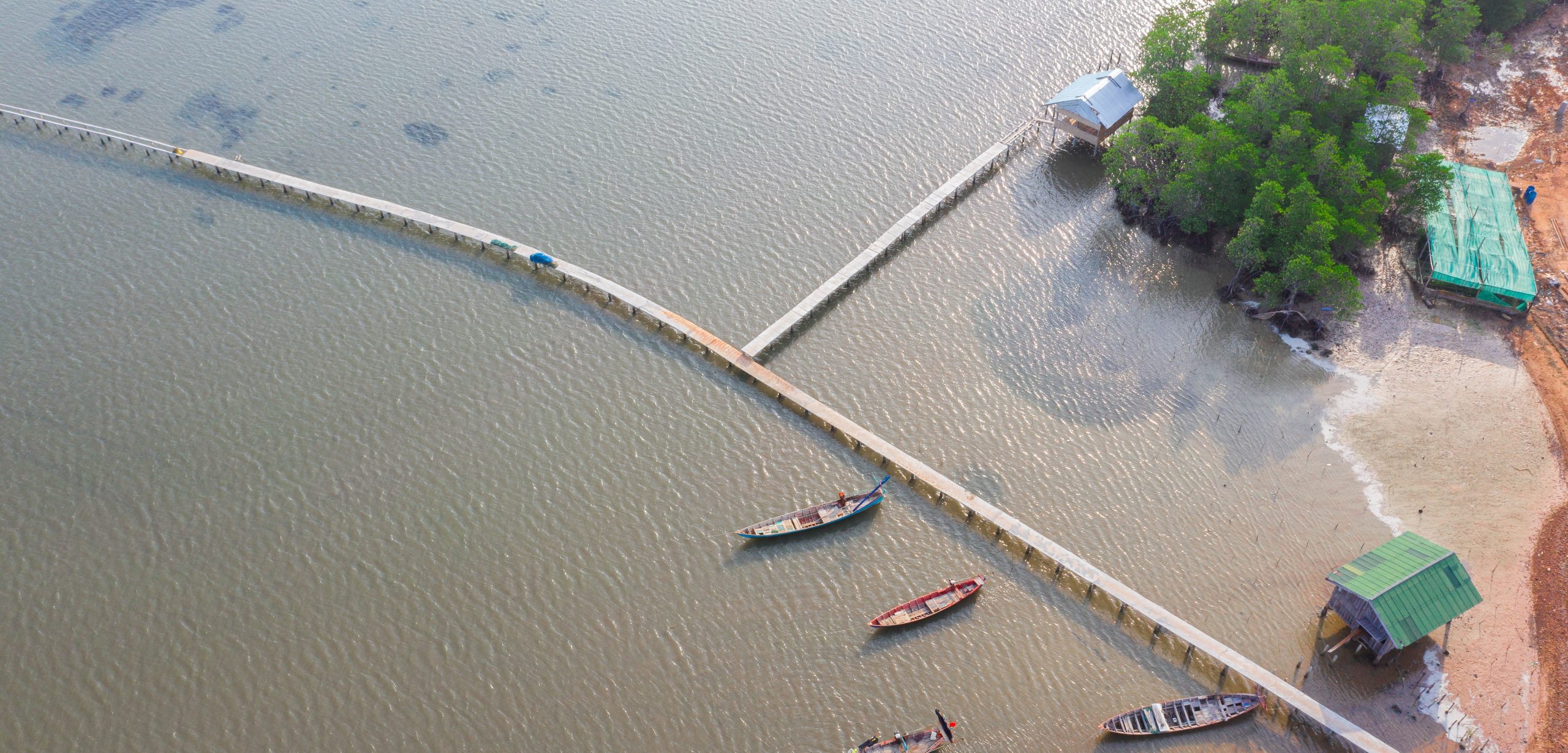The climate science behind the Intergovernmental Panel on Climate Change (IPCC) reports has shaped the global discourse on climate and provided the basis for international action.
The recent United Nations Intergovernmental Panel on Climate Change (IPCC) special report states that an increase in global temperatures of more than 1.5°C above pre-industrial levels will increase the risk of extreme weather events, sea-level rise, biodiversity loss and land degradation. Sustainable Development Goal (SDG) 13 calls for urgent action to combat climate change and its impacts.

Enabling the IPCC
According to the United Nations Convention on Climate Change (UNFCCC), the IPCC’s assessment reports are the most credible source of information on climate change and the baseline for making evidence-based decisions in international negotiations. They have provided the scientific consensus needed to convince governments to ratify landmark agreements, such as the Kyoto Protocol, the Marrakesh Accords, and the Paris Agreement.
Underpinning all international climate change strategies is climate science, to which the UK has made a crucial contribution. UK-driven climate research in the areas of climate modelling, sea-level projects, extreme weather forecasts, and greenhouse gas emission estimates has formed the bedrock of IPCC reports.
The recent United Nations Intergovernmental Panel on Climate Change (IPCC) special report states that an increase in global temperatures of more than 1.5°C above pre-industrial levels will increase the risk of extreme weather events, sea-level rise, biodiversity loss and land degradation. Sustainable Development Goal (SDG) 13 calls for urgent action to combat climate change and its impacts.
Influencing global climate policy
A number of UK research programmes have fed into IPCC assessments:
Quantifying and Understanding the Earth System (QUEST) Programme (2006-10)
This £21 million research initiative, funded by NERC, enhanced understanding of the Earth as an integrated system and improved climate change predictions, which proved critical in securing an EU position at the Cancun Conference in 2010.
Understanding the Pathways to and Impact of a 1.5°C Rise in Global Temperatures (2016-18)
This programme, co-funded by NERC and BEIS, identified the climate research and evidence needed to inform global policy following the Paris Agreement, including timelines on the urgency of the crisis and policy recommendations.
Driving national adaptation plans
IPCC research has also informed the guidelines for national adaptation plans (NAPs), designed to help countries conduct adaptation planning and integrate climate change into national decision making.
Low and middle-income countries (LMICs) are more vulnerable to an increased frequency of extreme weather events caused by climate change. Through International Climate Finance (ICF) programmes, the UK has supported more than 57 million people to cope with the impacts of climate change and helped reduce or avoid greenhouse gas emissions totally 16 million tonnes.

UK funding has supported research to assist climate change adaptation and resilience in Africa and Asia.
The Future Climate for Africa (FCFA) Programme (2015-19)
This £20 million programme, co-funded by NERC and DFID, aimed to provide more reliable information about climate processes and extremes, deepening the understanding of policymakers about climate change impacts in order build climate-resilient development.
Reaching a consensus on a zero-emissions future
The impact of climate research can be seen at the highest levels of government. In May 2019, the UK announced a climate change emergency and became the first G7 nation to legislate reducing greenhouse gas emissions to net zero by 2050.
In September 2019, the UK Government announced the Ayrton Fund (DFID/BEIS), which will provide up to £1 billion of aid funding for British scientists and global innovators to develop and test new technologies targeted at tackling climate change in LMICs.

